Elderly Falls: See Where And How They Fall The Most
Anyone can fall but, elderly falls are more likely to fall as they are more vulnerable. This is even more so the case if an older person suffers from an ongoing health issue. One in three people who live at home and are aged 65 or over are likely to fall once a year. Around fifty percent of these are likely to fall even more than this.
Exercise is a great way of improving one’s strength and balance, which can help prevent a fall. Fairview Adult Day Care Center in Brooklyn NY has a gym facility which is ideal for elderly people at risk of falls. And our physical therapists are always on hand to look over and help gym users.
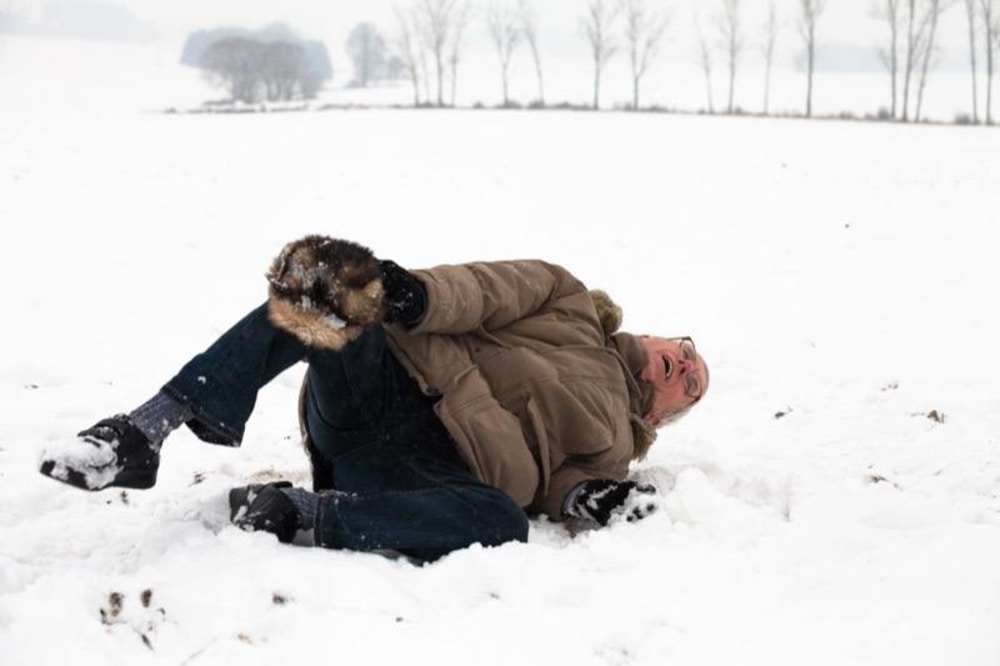
Most Common Cause Of Elderly Falls
Although most falls don’t end up being serious, one-fifth of falls, unfortunately, are serious for seniors. Falls are more likely to occur because of:
- A long-term condition such as low blood pressure, dementia or a heart condition. These can cause dizziness resulting in a fall.
- Poor vision
- Muscle weakness
- Issues related to balance
Elderly falls may also occur when:
- A room is poorly lit
- Objects left on a floor
- Uneven or slippery surfaces
- Tripping over obstacles such as a pet
- Carpets or rugs are not secured down properly
Preventing Elderly Falls
Visit your GP who will be able to check if any medications that you are taking may increase your likelihood of falling and also check your balance.
It is also recommended that you:
- Have your blood pressure checked
- Have a sight test
- Ask for a hazard assessment of your home so a professional can help you eliminate any potential hazards and provide you with some advice
Most dangerous elderly falls
As the most common cause of injury in elderly people, fractures are often a result of falling as nearly 90% of fractures in the elderly occur after a fall.
Below are the most common bones that fracture after a fall:
- Ankle and leg bones
- Hand, forearm and the upper arm bone (the humerus)
- The hips, spine, pelvis and the thigh bone (the femur)
The most number of deaths and health problems related to fractures come from hip fractures after elderly falls.
Exercise exercise exercise!
Improving your balance and strengthening the muscles that keep us upright can prevent falls. Mix up the exercise that you do and combine the below exercise types:
- Strengthen resistance training
- Flexibility
- Coordination training
- Aerobic
- Balance
To be more specific, here is a list of all the exercises you could consider to improve your balance and strengthen your muscles:
- Take a yoga class as this will increase your flexibility and also strengthen your muscles
- To strengthen your lower body and leg muscles use the stairs, walk or bicycle if possible
- Improve your balance by stretching your joints and your muscles
- Work on your lower and upper body muscle strength using hand weights
- Improve your balance and muscle strength through Tai Chi. Tai Chi involves slow and gentle movements which have been proven to reduce elderly falls.
This article is for educational and informational purpose only and does not substitute for professional medical advice. For any questions about your own health condition, speak to a qualified physician or healthcare provider.

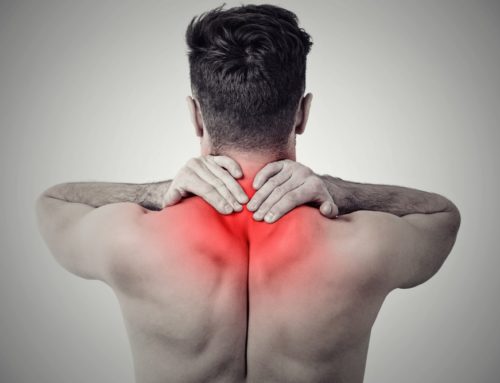
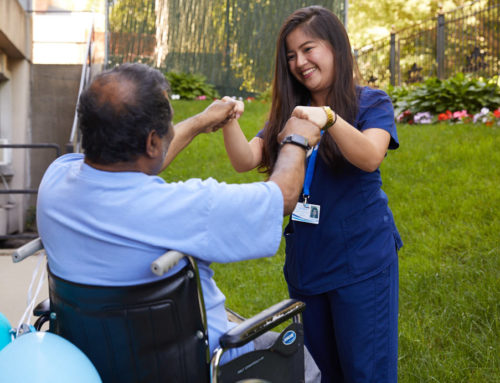
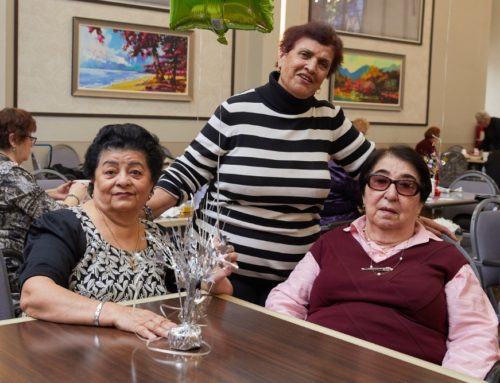
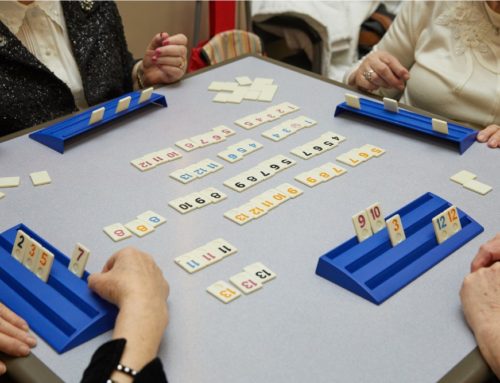
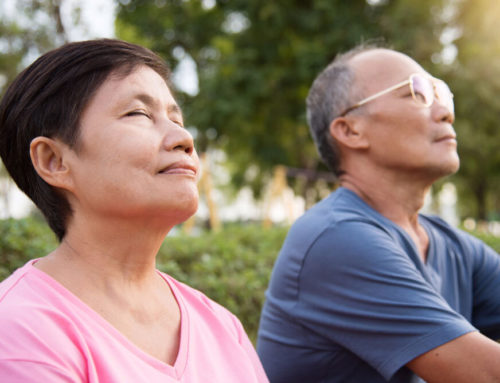
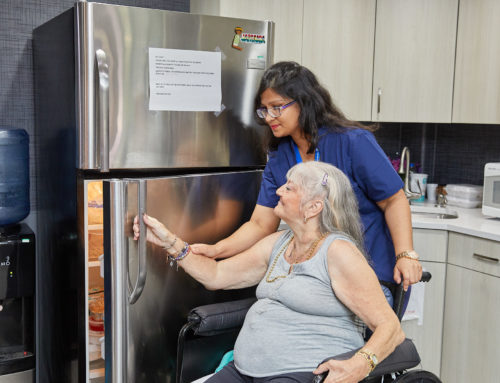
Leave A Comment